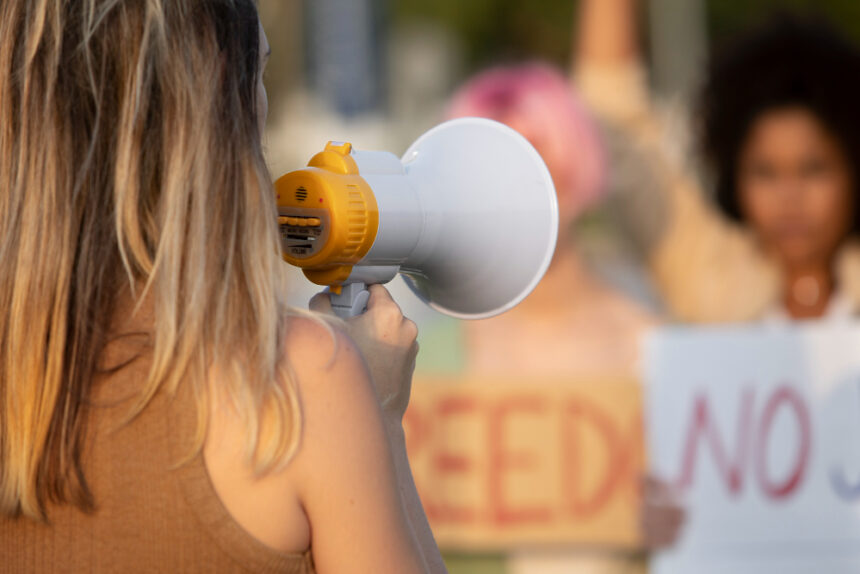Nowadays, environmental initiatives have received a lot of attention, and one of the most crucial problems that have been raised is plastic waste.
Activists are using plastics in protesting against giants who contribute to plastic pollution, and recently, Unilever has been an object of this protest. This multinational company, which is involved in the production of all sorts of products, including detergents, coffee, butter, margarine, and ice cream, is now a prime target of social activists.
The Plastic Problem and Unilever’s Role
Thus, the pollution of plastics is now a global issue. Plastic, cellophane, microbeads, and other related items have today found their way into seas, oceans, mountain tops, and abyssal plains.
According to a survey by the Ellen MacArthur Foundation, an estimated 8 million tons of plastic enter the oceans each year, and 100 million marine lives are lost as a result of eating or becoming entangled in plastic.
One of Unilever’s claims includes more than 400 brands under its belt, some of which are Dove, Ben & Jerry’s, and Hellmann’s; it is also one of the companies that fuel this plastic craze. While it has been trying to implement sustainable approaches and measures and eco-friendly packaging, Unilever continues to manufacture millions of tons of plastic every year.
The greater part of the brand has made commitments to avoiding virgin plastics and using recycled plastics in the production of its products, but there is a conflict between such measures and the severity of the problem, according to environmentalists.
Activists Push for More Aggressive Action
For example, Greenpeace and Break Free From Plastic, which conduct annual brand audits, have always associated Unilever as the worst polluter. These audits examine the plastics retrieved from shores as well as water systems and Unilever’s packaging is usually among the most detected.
To put pressure on Unilever to take further action, demonstrators and activist groups have staged a number of protests at the company’s offices and locations. They call for the phase-out of single-use plastics and the adoption of reusable or refillable packaging systems by Unilever.
While Unilever has conceptualised this by targeting the reduction of virgin plastic by 50 percent by 2025, activists say this is not enough and is long overdue. They contend that the company’s pledges fall short of addressing the root of the problem: In this process, the company relies heavily on the use of disposable plastic packing materials.
Unilever’s Response and the Road Ahead
Others have been issued statements from Unilever directing their attention towards their sustainability policies in an effort to counter the protests; however, there has been very little change or no change to these policies at all.
It has launched several initiatives over the years in a bid to reduce the issues of plastic pollution, including by incorporating recycled plastic into the packaging, engaging with local authorities on waste management, and testing various no-plastic solutions, including refill programs.
However, the actions of the company continue to arouse the suspicion of environmental activists who say that the company is guilty ofpolitical manipulation known as ‘greenwash. ’ Those that support Unilever state that shifting an organization of such a scale is not an easy affair but one that takes time, policy change, and creativity and engagement of governments and consumers.
A Larger Movement Against Corporate Plastic Use
The demonstrations against Unilever are in this context in order with anti-multinational capitalism protests, where these companies are seen as main culprits for ocean pollution. Coca-Cola, Nestle, and PepsiCo are some of the other companies that are also heavily accused of contributing to the current Wr variance crisis.
These protests paint a picture of an increasingly pressing consumers’ demand in organizations taking better responsibility in addressing environmental problems.
Because of the emerging awareness and concern for plastic pollution, such companies will continue to be pressured to search for and choose sustainable solutions.
The case of Unilever shows that reducing the amount of plastic waste is not an easy process, but it is certainly possible to achieve this goal in the near future. Whether the company will rise to the challenge remains to be seen, but one thing is certain: That kind of plastic protest will not be letting up any time soon.
ASH CK

